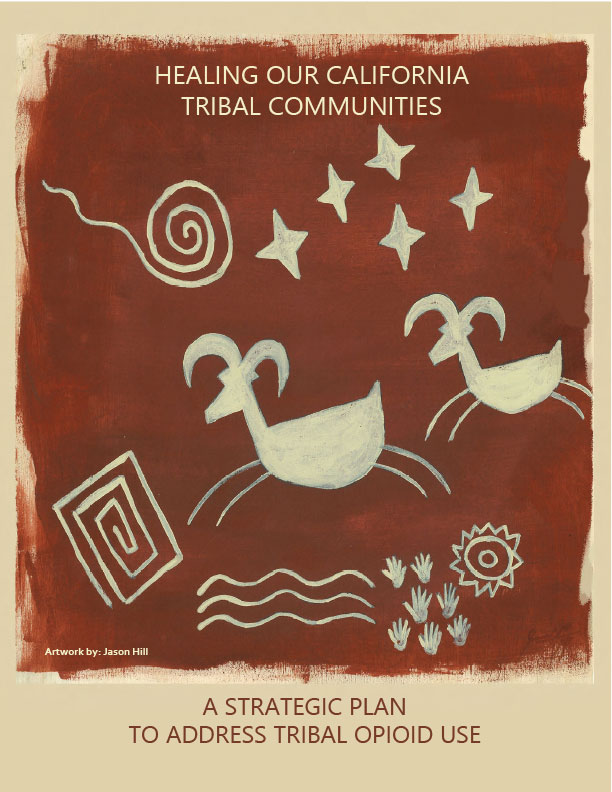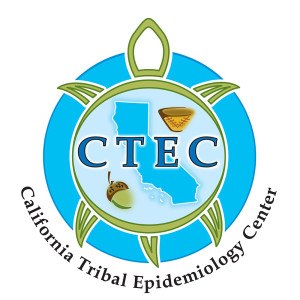In December 2019, they released Healing Our California Tribal Communities: A Strategic Plan to Address Tribal Opioid Use.
The 52-page strategic plan presents an overview of the opioid epidemic and the impact on Tribal communities, and it provides a summary of key findings and Tribal community-driven solutions.
“The Strategic Plan to Address Tribal Opioid Use will provide California Tribes, Tribal Health Programs, and Tribal Local Opioid Coalitions with recommendations of community-driven solutions to address opioid use and abuse in their communities,” said Vanesscia Cresci, CRIHB’s Research and Public Health Director.
A team comprised of a CTEC epidemiologist, project coordinator, and program evaluator traveled to Tribal communities throughout Northern, Central, and Southern California to gather community data, distribute the opioid response capacity assessment survey, and conduct key informant interviews and focus groups.
CRIHB’s CEO, Dr. Mark LeBeau said, “I appreciate the hard work and efforts of CRIHB’s Research and Public Health team who developed the Strategic Plan to Address Tribal Opioid Use. CRIHB would like to thank the Tribal Opioid Advisory Committee for their helpful feedback, guidance, and support in creating the strategic plan.”



